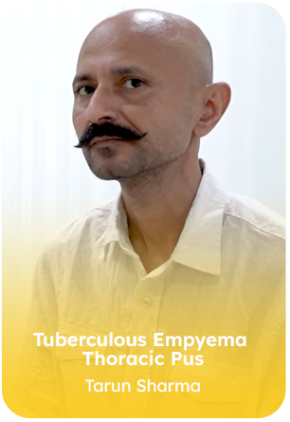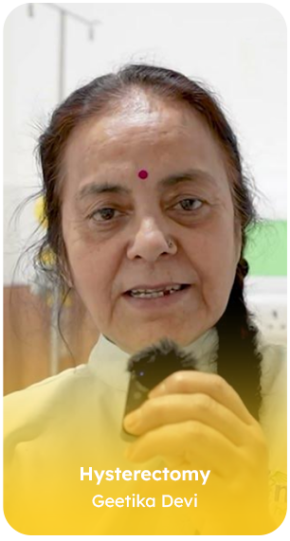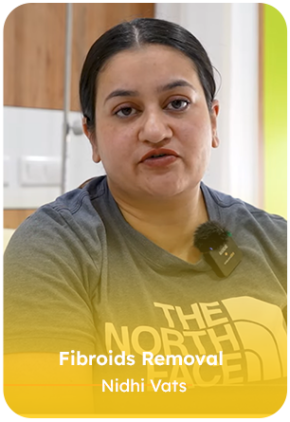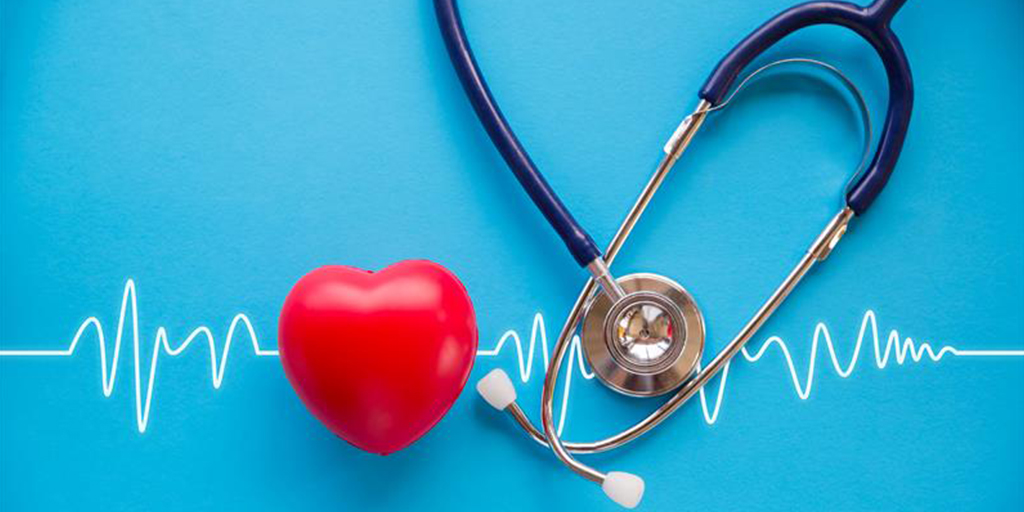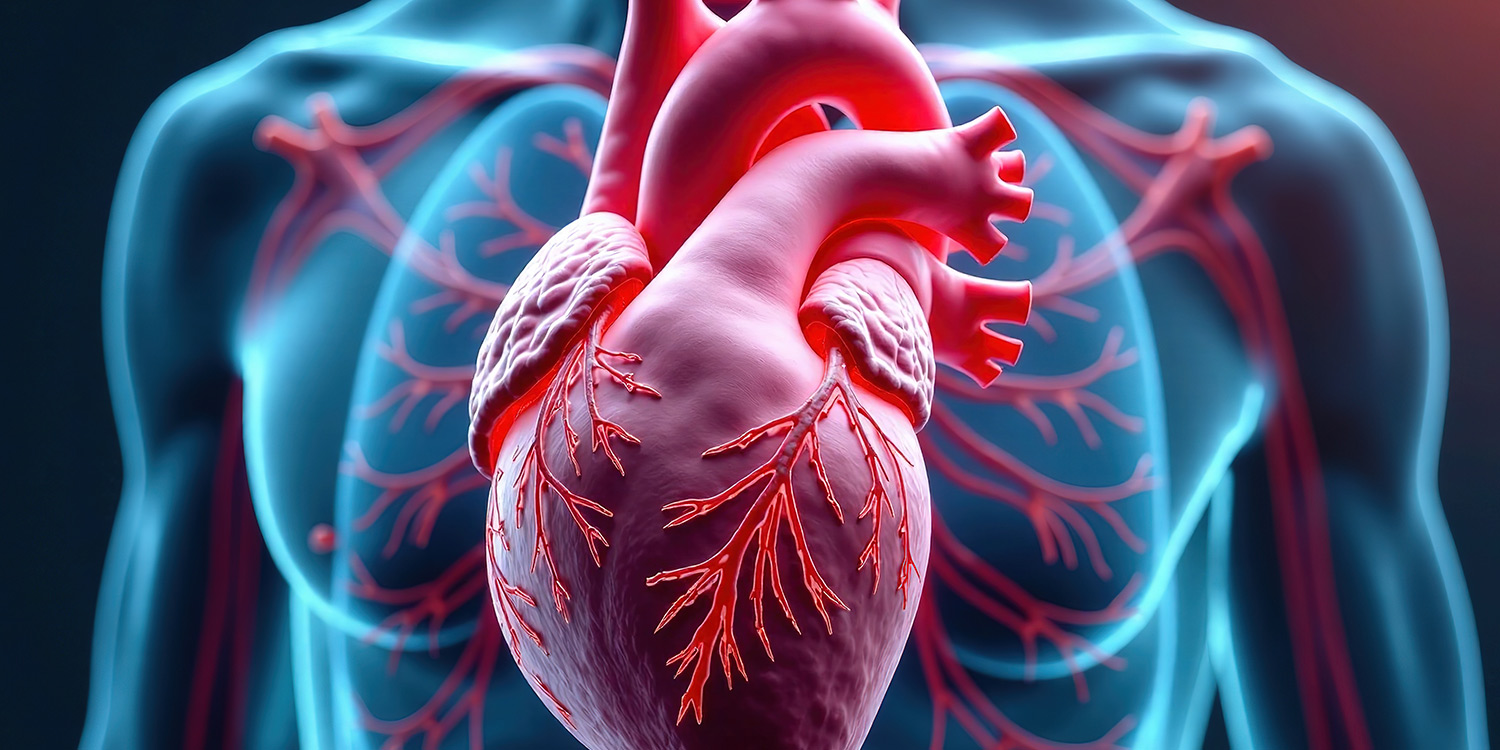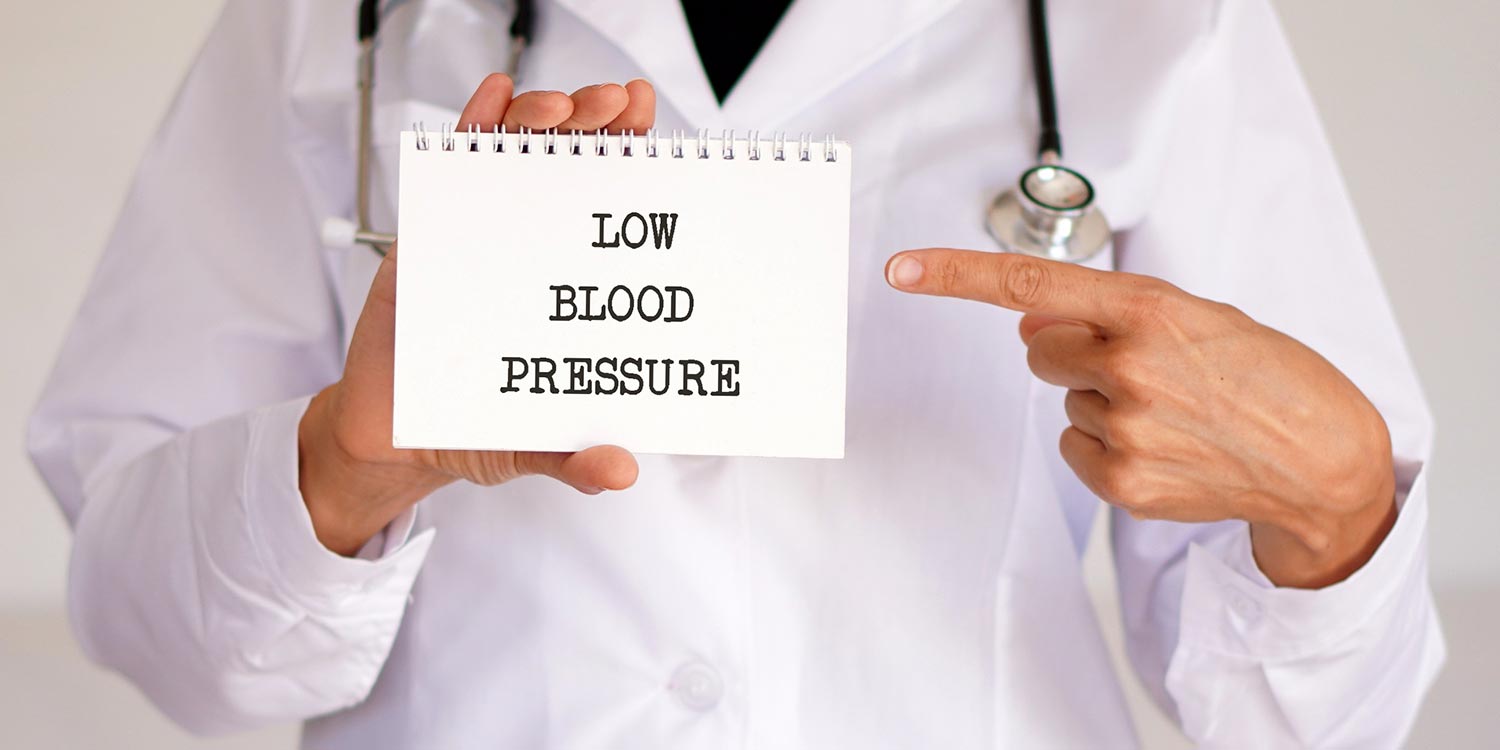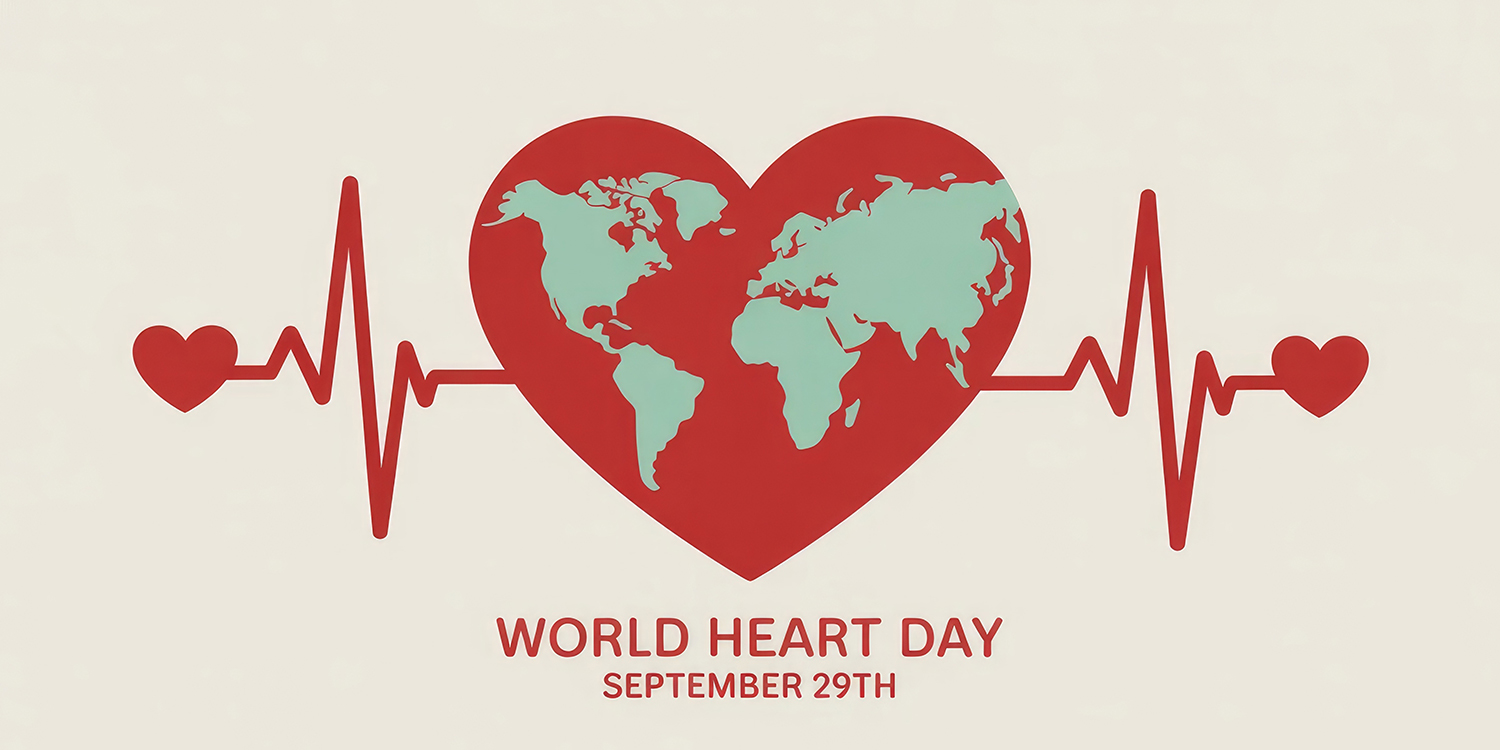Colectomy is a major surgical procedure performed to remove a part or the colon (large intestine) to treat serious conditions such as colon cancer, Crohn’s disease, and diverticulitis. At Graphic Era Hospital, Dehradun, our expert gastrointestinal surgeons carry out colectomy procedures with utmost precision using advanced open, laparoscopic, and robotic techniques. Every surgery is planned with individualised care, ensuring minimal discomfort, faster healing, and safe recovery. Supported by a state-of-the-art operating theatre, skilled nursing staff, and 24-hour patient monitoring, the surgeons at Graphic Era Hospital deliver the highest standards of safety and surgical excellence at every stage of care.
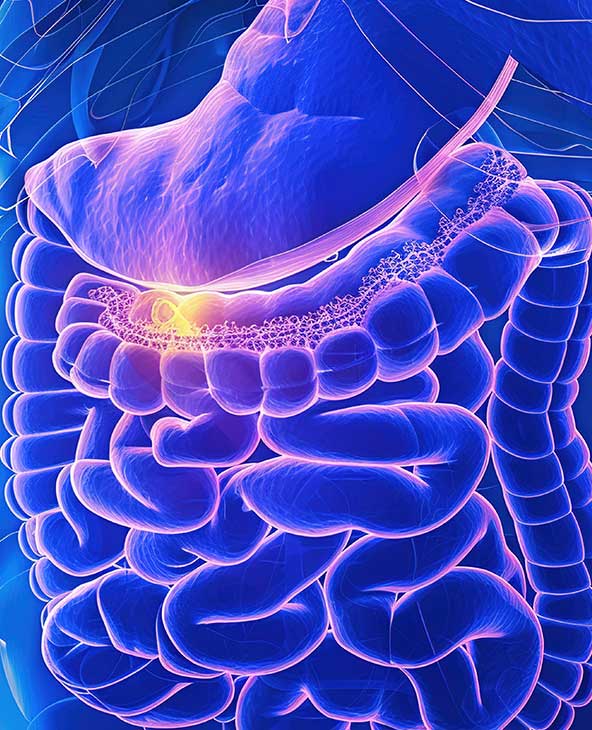
When is a Colectomy Recommended?
Doctors may recommend colectomy surgery when a portion or the entire colon becomes diseased, damaged, or poses a risk to health. The procedure helps remove the affected segment of the colon and restore normal bowel function. At Graphic Era Hospital, surgeons evaluate each patient carefully to determine whether partial or total colectomy is necessary, depending on the underlying condition and overall health.
Colectomy may be advised in cases such as:
- Colon or rectal cancer that requires removal of the affected segment
- Inflammatory bowel disease, including Crohn’s disease or ulcerative colitis
- Diverticulitis causing severe infection or repeated inflammation
- Bowel obstruction due to scar tissue, tumour, or narrowed passage
- Polyps that cannot be safely removed through colonoscopy
- Intestinal bleeding, perforation, or injury to the colon
- Precancerous growths or hereditary colon conditions
Schedule Your Appointment with
Our Expert Doctors
We are dedicated to driving lasting, positive transformation in healthcare management through innovation and patient-centered solutions.
Things to Know Before Undergoing Colectomy Surgery
Before colectomy, doctors at Graphic Era Hospital ensure patients are fully prepared, both physically and mentally, for the procedure. Pre-surgical evaluation helps identify potential risks and ensures a smooth recovery process. Surgeons discuss the surgical approach, expected outcomes, and post-surgery care in detail so patients can make informed decisions about their treatment. Key things to know before surgery include:
- Medical Evaluation: Doctors may recommend blood tests, imaging scans, and a colonoscopy to assess colon health.
- Bowel Preparation: A prescribed liquid diet or laxatives help clear the intestines before surgery.
- Medication Review: Patients should inform the medical team about all ongoing medicines, including blood thinners or supplements.
- Anaesthesia Discussion: The anaesthesiologist explains the type of anaesthesia used and addresses related concerns.
- Fasting Instructions: Eating or drinking is usually restricted for several hours before surgery.
- Lifestyle Adjustments: Avoid smoking and alcohol before surgery to promote faster healing.
- Hospital Stay Planning: Depending on the type of colectomy, hospitalisation may last from a few days to a week.
- Mental Preparedness: Understanding each stage of care helps reduce anxiety and supports recovery.
Types of Colectomy Procedures
The type of colectomy depends on which part of the colon is affected and how much of it needs to be removed. At Graphic Era Hospital, surgeons perform different types of colectomy surgeries based on each patient’s diagnosis and condition severity, ensuring the best possible outcome with minimal complications. The types of colectomy procedures include:
- Hemicolectomy: Removes one side of the colon, either the right or left portion, often performed for colon cancer or localised disease.
- Proctocolectomy: Involves removal of both the colon and rectum, usually recommended for severe ulcerative colitis or familial polyposis.
- Proctosigmoidectomy: Removes the rectum and sigmoid colon to treat chronic inflammation, tumours, or recurring diverticulitis.
- Sigmoidectomy (Sigmoid Colectomy): Targets the sigmoid colon, commonly performed to treat diverticular disease or obstructions.
- Total Colectomy: Removes the entire colon when widespread disease affects most of the large intestine.
- Partial Colectomy: Removes only the diseased segment of the colon while preserving healthy portions for normal function.
Surgical Techniques Used at Graphic Era Hospital
Surgeons at Graphic Era Hospital use the most suitable surgical technique based on the patient’s condition, disease stage, and overall health. Each method aims to remove the affected colon segment safely while reducing recovery time and postoperative discomfort. Surgical techniques used at Graphic Era Hospital include:
- Open Colectomy: The surgeon makes a single, larger incision in the abdomen to access and remove the diseased part of the colon. This approach is often chosen for complex or emergency cases where full visual access is necessary.
- Laparoscopic Colectomy: Several small incisions are made to insert a camera and surgical instruments. The surgeon performs the operation while viewing a magnified image on a monitor. This technique usually results in less pain, smaller scars, and quicker recovery.
- Robotic Colectomy: Using a robotic surgical system, the surgeon controls precise instruments for enhanced accuracy and flexibility. This advanced, minimally invasive method allows for meticulous dissection, minimal blood loss, and faster postoperative healing.
Colectomy Procedure: Steps Involved
At Graphic Era Hospital, each colectomy procedure is carefully planned and executed by experienced gastrointestinal surgeons to ensure maximum safety and precision. The surgery typically involves the following steps:
- Anaesthesia Administration: Patients receive general anaesthesia to ensure complete comfort and pain control during the procedure.
- Incision or Port Placement: Depending on the technique used, surgeons make either a single large incision (open colectomy) or several small incisions (laparoscopic or robotic colectomy).
- Colon Examination: The affected portion of the colon is carefully identified and isolated.
- Removal of Diseased Segment: The surgeon removes the damaged or diseased part of the colon while preserving healthy tissue.
- Reconnection or Stoma Creation: The remaining ends of the colon are reconnected (anastomosis). In some cases, a temporary or permanent stoma (colostomy) may be created to divert waste.
- Closure and Dressing: The incision sites are closed with sutures or staples, and sterile dressings are applied.
- Monitoring in Recovery: After surgery, patients are closely monitored in the recovery area or ICU to ensure stable vitals and smooth awakening from anaesthesia.
Why Choose Graphic Era Hospital for Colectomy Surgery in Dehradun?
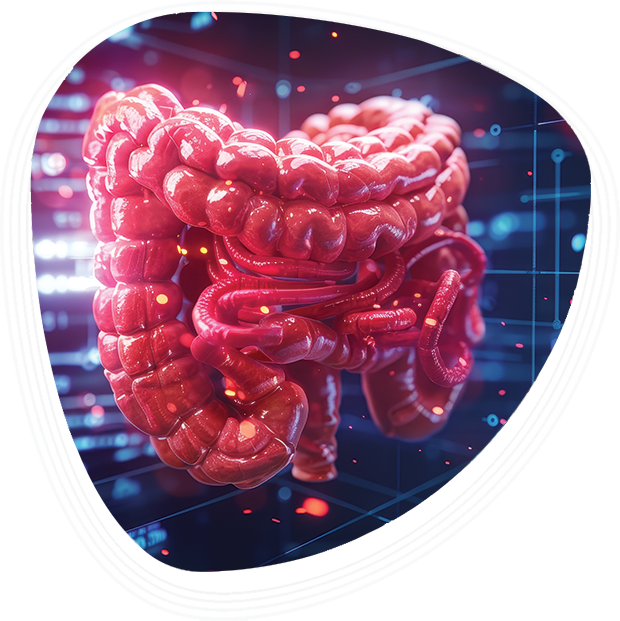
Recovery and Postoperative Care after Colectomy Surgery
Recovery after colectomy surgery varies based on the type of procedure and the patient’s overall health. At Graphic Era Hospital, surgeons, nurses, and rehabilitation specialists work together to ensure safe healing and early mobility after surgery. Pain control, wound care, and dietary guidance are key parts of postoperative management. Patients can expect the following during recovery:
- Hospital Stay: Most patients remain in the hospital for 4–7 days for monitoring and gradual recovery.
- Pain and Wound Care: Doctors prescribe pain relief medications and ensure the surgical site heals without infection.
- Diet Progression: Patients start with liquids and gradually move to soft foods as bowel function returns.
- Early Movement: Walking soon after surgery improves blood circulation and reduces the risk of complications.
- Follow-Up Visits: Regular appointments help track healing, assess bowel function, and review pathology results if applicable.
- Return to Normal Activity: Most patients resume light activities within 2–4 weeks, though complete recovery may take up to 6–8 weeks.
- Emotional Support: Counselling and post-surgery education help patients adapt to any temporary changes in bowel habits.
Benefits and Possible Risks of Colectomy Surgery
Colectomy surgery offers significant relief from chronic or life-threatening bowel conditions when medical therapy alone is not effective. At Graphic Era Hospital, surgeons perform each procedure with precision and care to maximise outcomes and minimise complications.
Benefits of Colectomy Surgery
- Eliminates diseased or cancerous portions of the colon
- Relieves symptoms such as pain, bleeding, or obstruction
- Prevents recurrence or progression of bowel disease
- Improves digestive health and bowel function
- Enhances long-term quality of life
Possible Risks and Complications
- Infection at the surgical site or within the abdomen
- Bleeding or blood clots after surgery
- Leakage from the reconnected bowel ends (anastomotic leak)
- Temporary bowel paralysis (ileus) causing bloating or discomfort
- Narrowing of the bowel or obstruction during healing
- Anaesthesia-related reactions, though rare
Procedures
- Partial Colectomy
- Total Colectomy
- Laparoscopic Colectomy
- Robotic Colectomy
- Colectomy with Colostomy
Patient Stories
Blog
Frequently Asked Questions (FAQs)
What conditions require colectomy surgery?
Colectomy is recommended for conditions such as colon cancer, Crohn’s disease, ulcerative colitis, diverticulitis, bowel obstruction, or large polyps that cannot be removed through endoscopy. It helps relieve symptoms and prevents disease progression.
Is colectomy surgery available near me in Dehradun?
Yes. Colectomy surgeries are performed at Graphic Era Hospital, Dehradun, by experienced gastrointestinal surgeons using open, laparoscopic, and robotic techniques for improved accuracy and faster recovery.
What is the difference between colectomy and colostomy?
A colectomy involves removing part or all of the colon, while a colostomy creates an external opening (stoma) to divert waste into a bag. Sometimes, both procedures are performed together if reconnection of the bowel is not immediately possible.
How long does recovery take after colectomy surgery?
Recovery usually takes 4–8 weeks, depending on the type of surgery and the patient’s overall health. Most patients resume light activities within two to four weeks under their surgeon’s guidance.
What is the cost of colectomy surgery in Uttarakhand?
The cost varies based on the type of colectomy, surgical technique (open, laparoscopic, or robotic), and hospital stay duration. Graphic Era Hospital provides transparent, affordable pricing with detailed pre-surgery estimates.
Is colectomy a major surgery?
Yes. Colectomy is a major abdominal surgery requiring anaesthesia, hospitalisation, and careful postoperative care. However, minimally invasive options available at Graphic Era Hospital help reduce discomfort and shorten recovery time.
When should I contact my doctor after colectomy surgery?
Patients should contact their doctor immediately if they experience severe abdominal pain, fever, bleeding, swelling, or persistent vomiting. These may indicate infection or complications that need prompt medical attention.
Are emergency colectomy procedures available at Graphic Era Hospital?
Yes. Graphic Era Hospital provides 24×7 emergency surgical care for patients with bowel perforation, obstruction, or bleeding who may require immediate colectomy. The hospital’s emergency and surgical teams coordinate to ensure rapid stabilisation and treatment.
